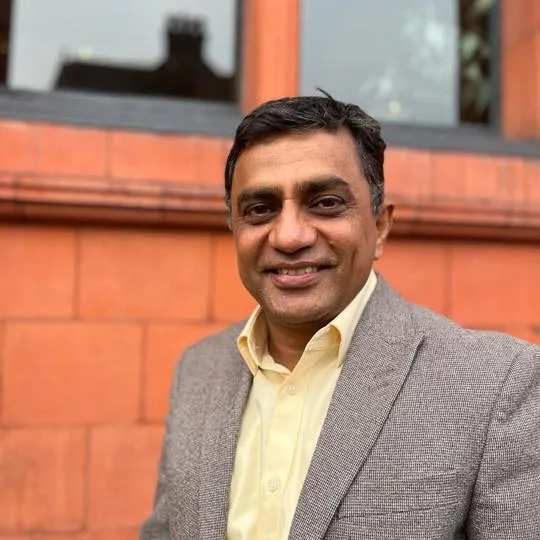Please note: this event has passed
Abstract
Along with the meteoric rise of China, there has been much interest in the emergence of India, as a rising power with one of the fastest growing economies in the world, until the 2020 pandemic crisis. The rapidly developing US-China rivalry gives India an added importance in world politics today as India is the most significant swing power that can help balance China’s potentially aggressive rise in the Indo-Pacific region. Further, the strengthening of Hindu nationalism under Narendra Modi, who has been making strong attempts to emerge India as a leading power while at the same time taking populist postures internally and using international status enhancement for electoral victory, evokes global interest. The dynamics of international status in domestic political contestation has not obtained much attention in the extant literature. Now that we have some three decades of data on India’s economic and military growth, we can make a better assessment of the achievements and shortcomings in comparison with others, especially China.
This book, by TV Paul, differs in its focus on status perspective which is often missing in popular books on India’s rise, as scholars and journalists who write about India tend to neglect this important socio-political concept. The book combines scholarly insights and interesting anecdotes on international status, a topic that has seen advancement in the sociology and international relations literature in recent years. While India in its 75-year existence as an independent state, has achieved much in fulfilling the dreams of Nehru and his successors in obtaining major power status, this book seeks to understand why the quest is still unfinished. Why do India’s leadership and general public believe that the country has a destiny to rise as a global power? What are the hard and soft power markers that encourage them to think this way? Despite their stated and unstated ambitions, why haven’t the larger bureaucratic and political elite worked sufficiently to achieve this goal? What are the external and internal constraints in this pursuit and the opportunities that India may have both obtained and missed? Finally, what does the future hold for India’s status elevation? The book argues that the key challenge for obtaining a sustained global status is India's low human development indices. The development of an inclusive, tolerant democracy that can utilize its most priced asset, the demographic dividend, will be essential for India to gain greater international status and influence in the 21st century.
Speaker
T V Paul
T V Paul is James McGill Professor of International Relations in the Department of Political Science at McGill University, Montreal, Canada and a Fellow of the Royal Society of Canada. He served as the President of International Studies Association (ISA) for 2016-17. He is the Founding Director of the Global Research Network on Peaceful Change (GRENPEC). Paul is the author or editor of 23 books and over 80 scholarly articles/book chapters in the fields of International Relations, International Security, and South Asia. He is the author of the books:
Chair
Dr Walter C Ladwig III
Dr Walter C Ladwig III is a Senior Lecturer in International Relations at King's College London, and a political scientist specialising in US foreign policy, South Asian security, irregular warfare, and the geopolitics of the Indo-Pacific. His teaching primarily concentrates on the conduct of statecraft and Cold War history. His first book, The Forgotten Front: Patron-Client Relationships in Counter Insurgency (Cambridge 2017), examines the often-difficult relations between the US and local governments it is supporting in counterinsurgency. He is currently writing a book on Indian defence policy.
Walter’s scholarly works have been published in a number of academic journals including International Security, the Journal of Strategic Studies, and Asian Survey, among others. He has commented on international affairs for the Economist, the Washington Post, the Financial Times, and the BBC and his opinion pieces have appeared in a number of newspapers including the New York Times and the Wall Street Journal.
Discussant
Anit Mukherjee
Anit Mukherjee is a Senior Lecturer at the King's India Institute. He joined King's College London after ten years in Singapore where he was an Associate Professor at the S. Rajaratnam School of International Studies (RSIS), Nanyang Technological University. From 2010-2012, he was a Research Fellow at the Institute for Defence Studies and Analyses (IDSA), New Delhi. He is also a Non-Resident Fellow at Centre for Social and Economic Progress (CSEP), New Delhi.
He is the author of The Absent Dialogue: Politicians, Bureaucrats and the Military in India (NY: Oxford University Press, 2019), which examines the role of civil-military relations and military effectiveness. He is the co-editor of India-China Maritime Competition: The Security Dilemma at Sea (Routledge, 2019) and India’s Naval Strategy and Asian Security (Routledge, 2015).
Event details
South East Wing 1.01Bush House
Strand campus, 30 Aldwych, London, WC2B 4BG


